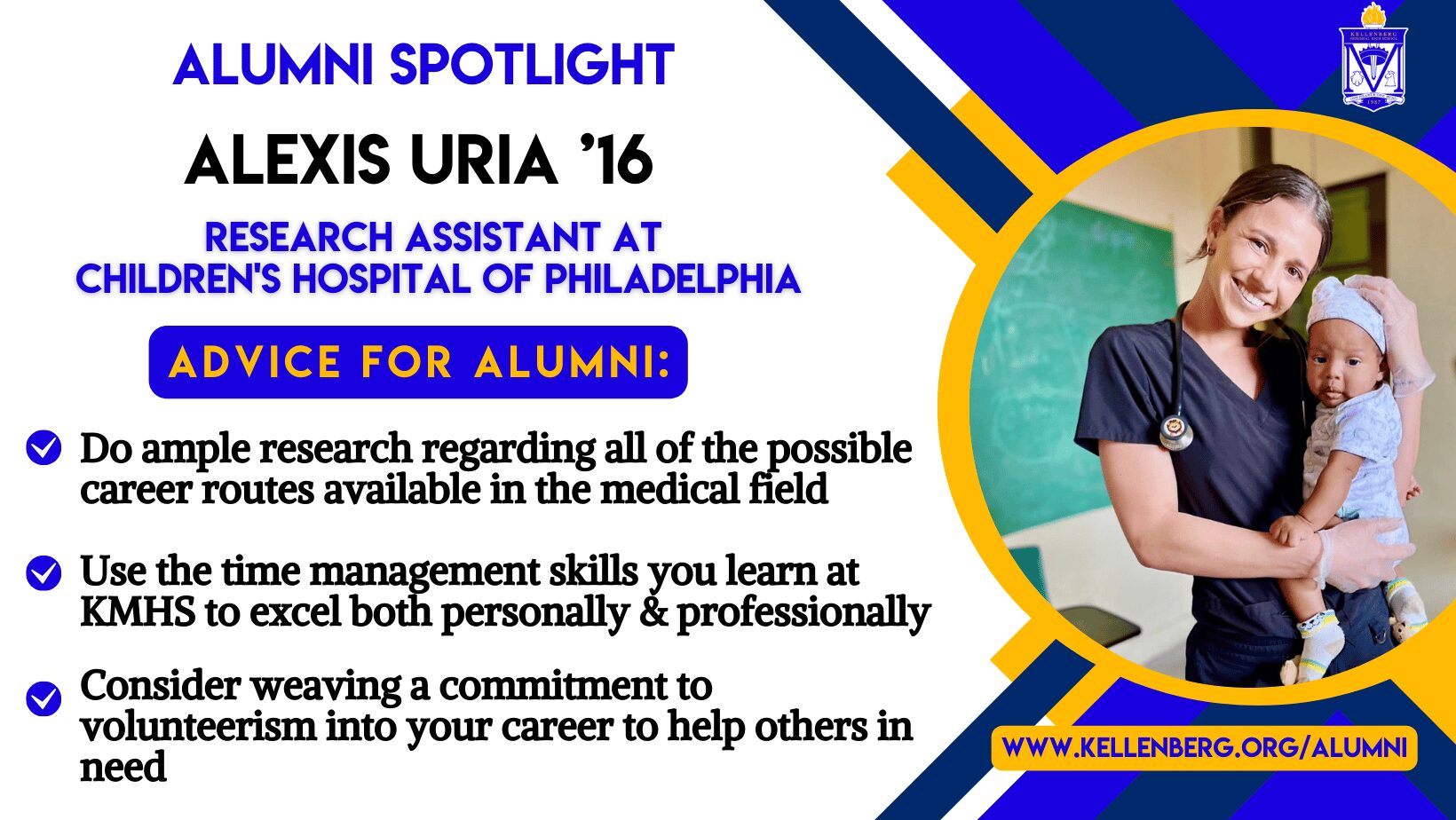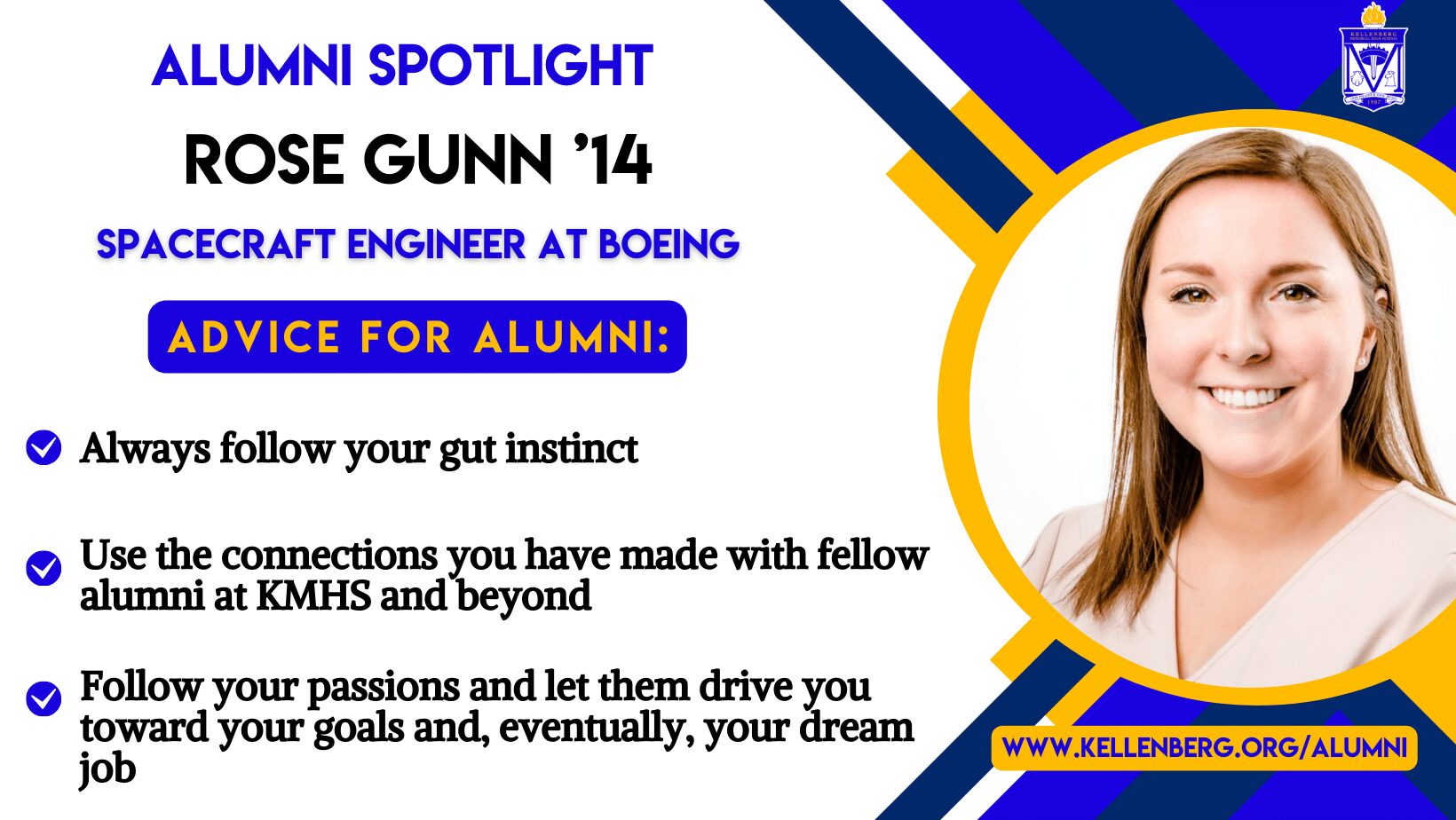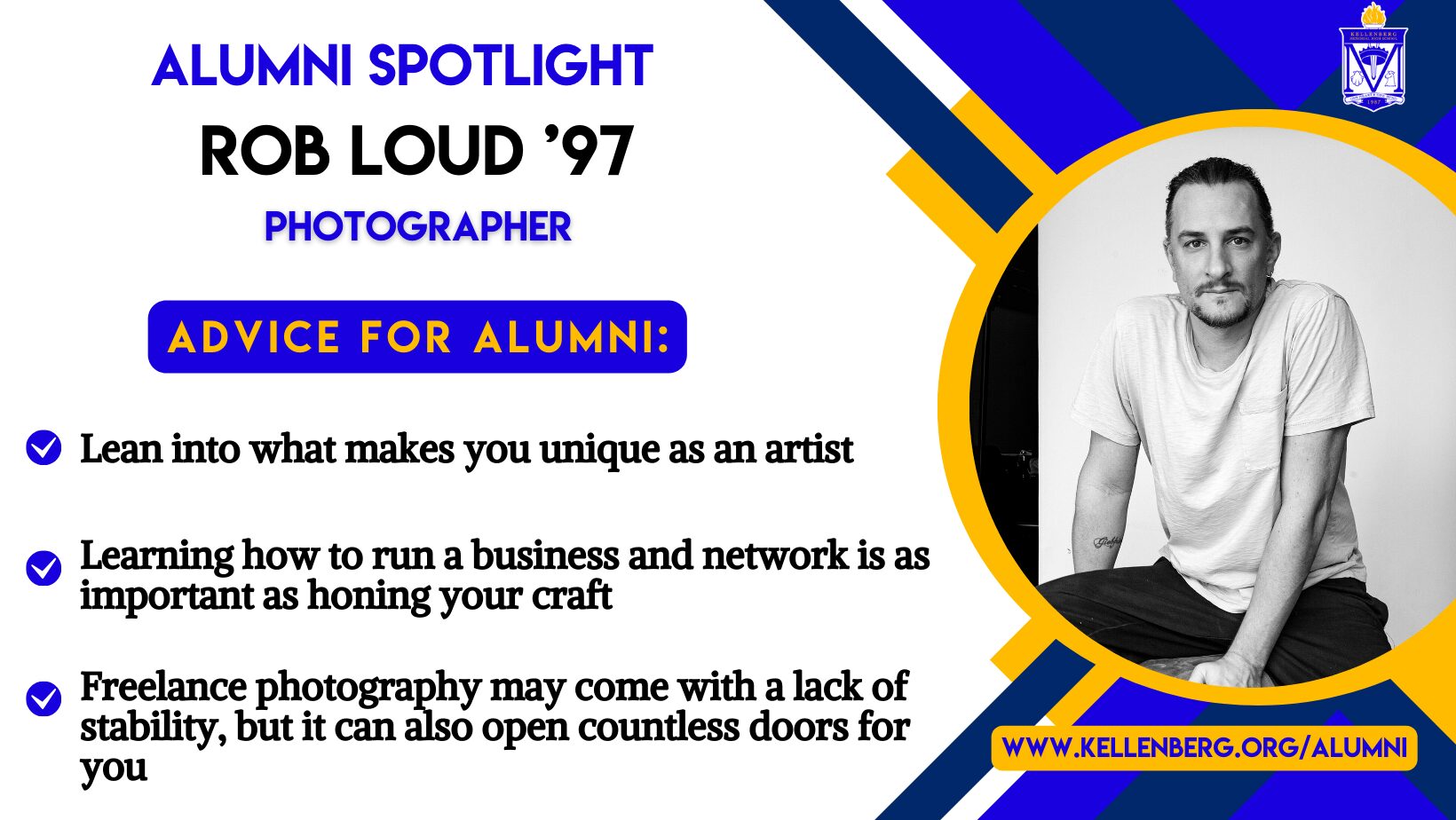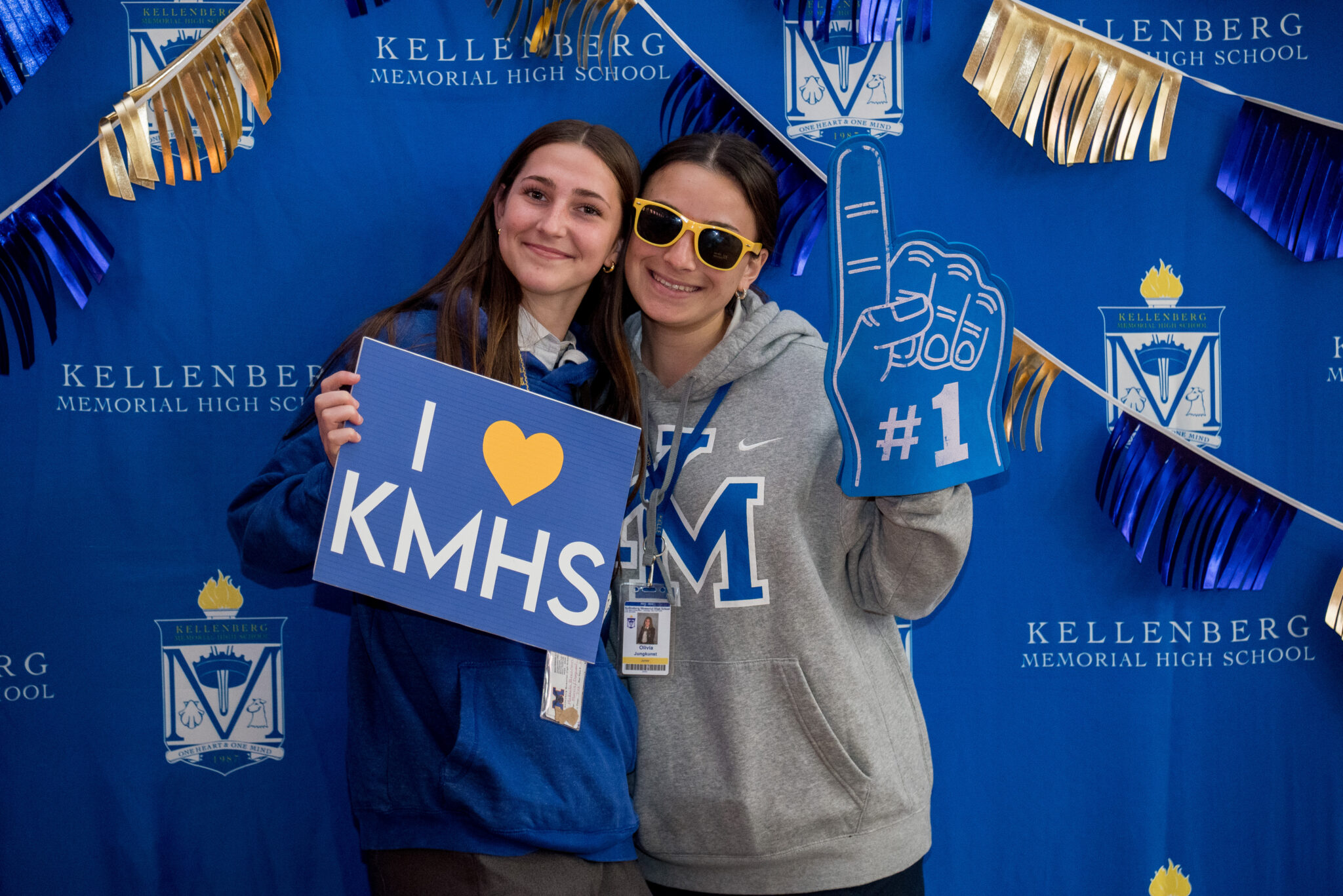
Gary Jansen ’88 P’21,’28 is the executive editor of Loyola Press and former executive editor at Penguin Random House, where he edited and published books by New York Times bestselling authors such as Deepak Chopra, Kimberly Snyder, Michael Singer, Greg Kincaid, and Pope Benedict XVI. He is the brainchild of the New York Times bestselling children’s book Dear Pope Francis, which has sold more than 100,000 copies in the U.S. and has been translated into 19 languages in 32 countries around the world.
Jansen is also the author of several bestselling books, including the memoir Holy Ghosts: Or, How a (Not So) Good Catholic Boy Became a Believer in Things That Go Bump in the Night, The 15-Minute Prayer Solution, Station to Station, and the multi-award winning MicroShifts: Transforming Your Life One Step at a Time. His illustrated children’s book, Remember Us with Smiles, which he co-wrote with his wife Grace, recently won the 2023 Christopher Award in the Books for Young People category (past recipients of the Christopher Award include Jimmy Carter, David McCollough, and Ken Burns).
Jansen’s work has received high praise from many prominent figures, including international bestselling author Paulo Coelho, who called his writing, “Wonderful,” and legendary Newsweek editor Kenneth L. Woodward, who called him “A fine writer.” Jansen is also a frequent speaker and has been featured on NPR, The Huffington Post, CNN.com, Coast to Coast AM, A&E, the Sundance Channel, and has appeared numerous times on the Travel Channel’s Mysteries at the Museum and Beyond the Unknown.
What inspired you to pursue a career in writing and editing?
I’ve always loved reading and discovered Stephen King’s work when I was in 7th and 8th grade. I started writing short horror stories with titles like “The Knight of Death” (about two guys jousting each other in race cars) and “Reese’s Pieces” (about a guy named Reese who met an unfortunate demise). Then I hit high school and gave it up. I don’t know why. I just got busy with other things. Later, I was an accounting major in college and took a poetry course as one of my electives. Professor Judy Baumel read some of my writing and said I should consider becoming a writer. Something flared up in me. At the end of the semester, I switched my major to English, and the rest is history.
How do you think your time at Kellenberg Memorial helped prepare you for success in your professional pursuits?
I didn’t enjoy elementary school, but when I got to high school, I began to enjoy learning more about math, science, and English. And I really enjoyed learning more about my faith in religion class. I still remember many of my teachers, like Mr. Roach, Mr. Ruck, Ms. Pospisil (now Mrs. Dugal), Mr. Harrison, and Mrs. Egan, who opened my eyes to new topics and ideas. They helped to ignite a curiosity in me. If you’re going to be a good writer or editor, it’s essential to cultivate a healthy interest in the people and world around you. High school has its ups and downs, but I fondly look back on my time at St. Agnes and then Kellenberg (I graduated in 1988, Kellenberg’s first school year) as a time when the world began to open up to me.
Do you have any advice for current students or young alumni who are interested in pursuing a career in writing and editing?
Two simple and practical things: read and write every day. Pay attention to sentences and structure and try to emulate your favorite writers in the beginning. It can be a tough process, though. Writing and editing can be creatively tricky and mentally draining, but it can also be incredibly uplifting and refreshing. Seeing something you wrote in print or holding a book in your hand that you helped publish brings a lot of satisfaction. A part of that is knowing you’re helping to share ideas and create conversations. But the process can be long and tedious. So, if you love reading, writing, or editing, follow that love. You’ll need a devotion to your work to help you get through difficult times as you hone your craft.
Do you have any favorite teachers, coaches, or club moderators from your time at Kellenberg Memorial?
There were many, but two people who changed my life were my science teacher, Ms. Pospisil (now Mrs. Dugal), and my 12th-grade math teacher, Mr. Harrison. Mrs. Dugal made learning fun and exciting, and she really cared about her students. That caring came out in how she talked to us. She had a lot of respect for her students. I loved being in her class, but I did something obnoxious one day late in the school year. I don’t remember what it was, but Mrs. Dugal asked me to stay after class. She told me, “I’m disappointed in you. You’re better than the way you acted today.” She wasn’t being mean, she was being earnest, and those few words were a complete attitude adjustment. That was more than 30 years ago, but I still remember that time, and I still say to myself, “Would Mrs. Dugal approve?” If not, I try (I’m saying try here) not to do it. And then there was Mr. Harrison. I struggled in 11th-grade math. I thought I was dumb. But when I got to 12th grade, Mr. Harrison’s no-nonsense, sardonic teaching style worked for me, and I ended up excelling in math. He believed in me and didn’t care about how I had performed the year before; he knew I could do better. I lost contact with Mr. Harrison years ago, but if you ever read this, “Thank you, brother. You changed my life and helped me believe in my own capabilities.”





